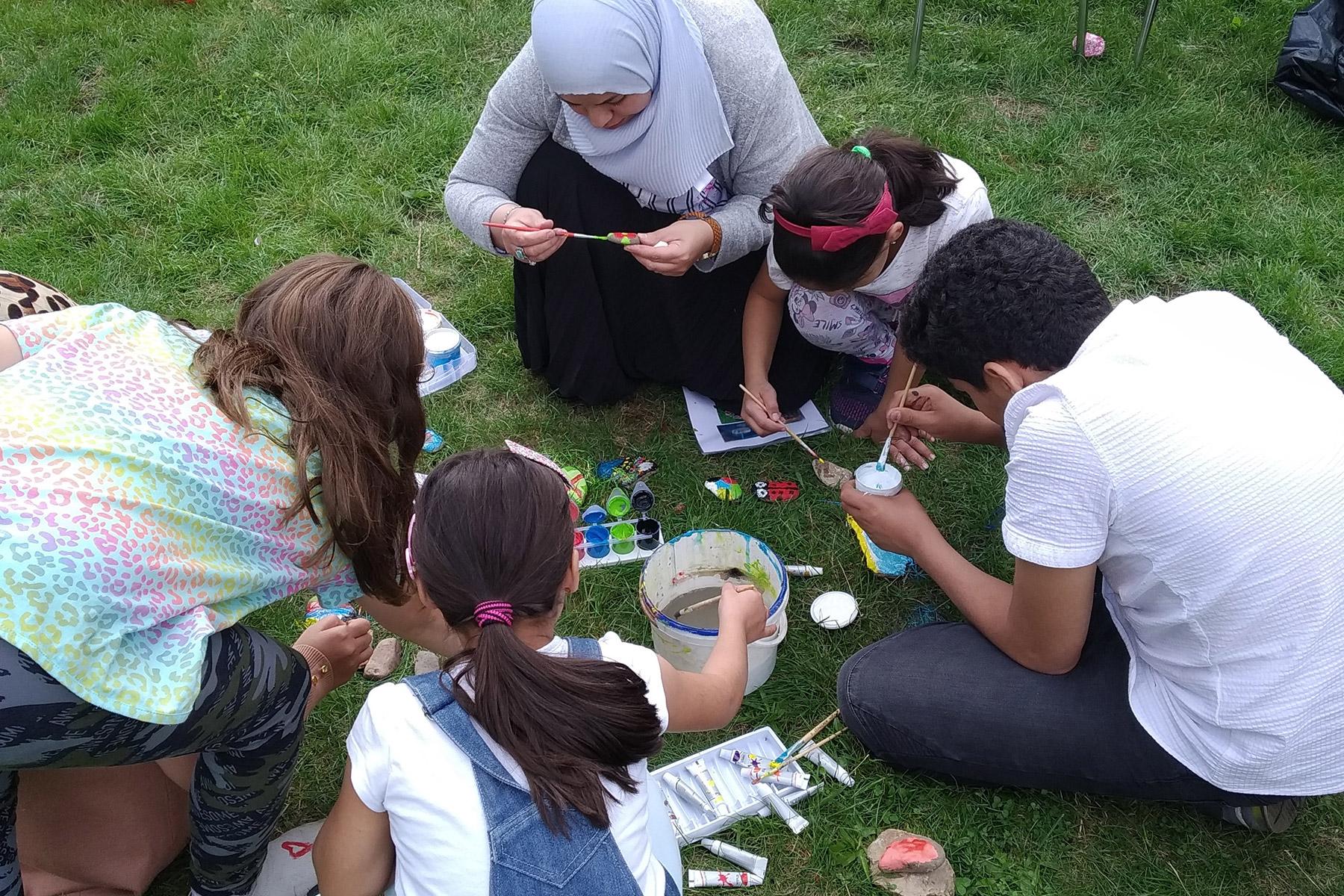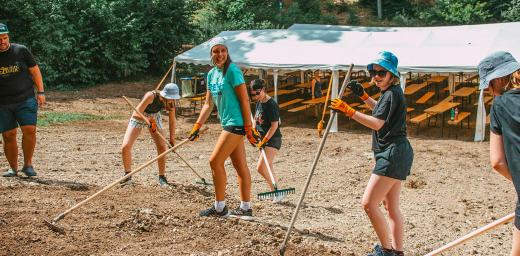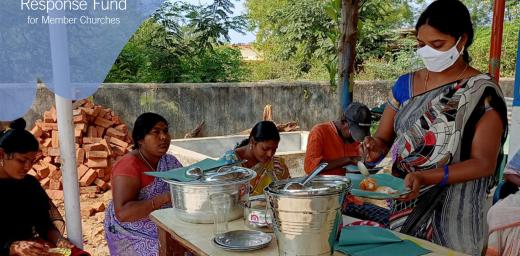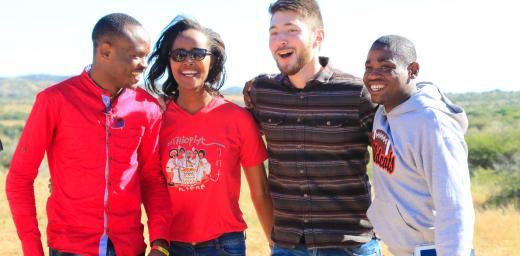Call for proposals: Member church projects and COVID-19 response

With LWFâs support, the Evangelical Church of Czech Brethren runs the DOOR diaconal project to raise awareness about welcoming refugees and migrants in the Czech Republic. In this photo, a childrenâs day, organized by the Teplice congregation as part of DOORâs integration activities. Photo: Evangelical Church of Czech Brethren
Supporting projects on economic recovery, livelihoods, and other strategic priorities
(LWI) – The Lutheran World Federation (LWF) has issued an open call to its member churches to submit proposals for new long-term projects starting in 2023 and for the fourth phase of its ongoing COVID-19 Rapid Response Fund (RRF).
LWF’s long-standing engagement with its member churches includes support through multi-year projects designed by churches to address pressing needs in their congregations and wider community. In addition, the short-term RRF projects enable churches to provide pastoral care, food and other basics to the most vulnerable people. Response has recently shifted focus to economic recovery and livelihoods’ activities to mitigate the pandemic’s impact.
“When COVID-19 continues, when the effects of climate change threaten lives and livelihoods, when many young people see little prospect for the future, and in so many other difficult situations, we stand in mutual solidarity and do not grow weary of doing good,” Ms Eva Christina Nilsson, director of the LWF Department for Theology, Mission and Justice, stated in the letter inviting churches to submit proposals.
The LWF will offer two online workshops on 13 and 15 September for interested churches and related institutions to gain additional information about designing projects that focus on livelihoods.
Criteria for projects
The long-term projects should be new initiatives that run for a maximum of three years beginning in 2023. As projects can only be extended once, those in the first cycle, from 2020 to 2022, may request a maximum extension of another two years, to finish in 2024 at the latest. The deadline for applications for long-term projects is 9 January 2022.
The short-term RRF projects should address the long-lasting social and economic effects of the coronavirus pandemic on churches and the communities they serve. Recovery and livelihoods’ projects could include skills training, start-up funding for small-scale businesses, back-to-school initiatives and community food gardens. Response to urgent basic needs will still be considered in contexts where it is not yet feasible for churches to shift into recovery and livelihoods initiatives. The maximum amount per project is EUR 10,000. The deadline for applications to the fourth RRF phase is 17 October 2021.
The LWF supports churches in their efforts to provide hands-on solutions to pressing needs in their congregations and wider community through a diverse range of projects including theological training, health service delivery, livelihood initiatives, and women’s and youth empowerment. The COVID-19 Rapid Response Fund was launched in April 2020, with the goal to support especially the most vulnerable churches that require urgent assistance during the global health emergency. Financial support is provided by LWF’s member churches and partners around the world.





